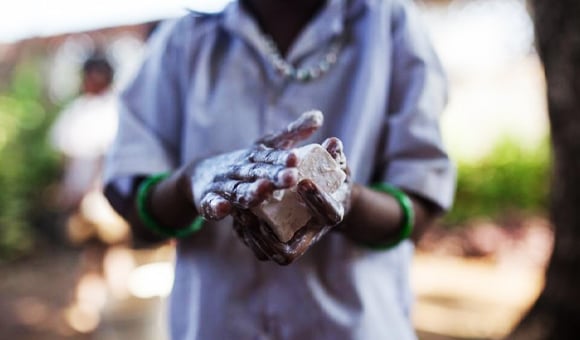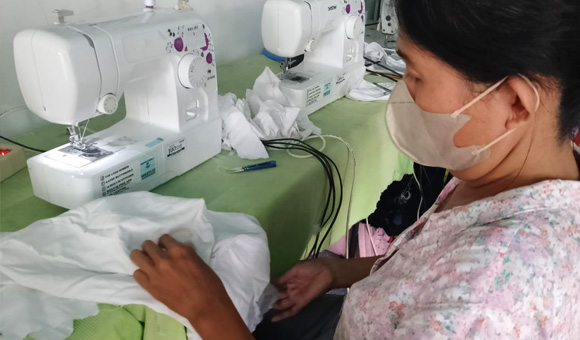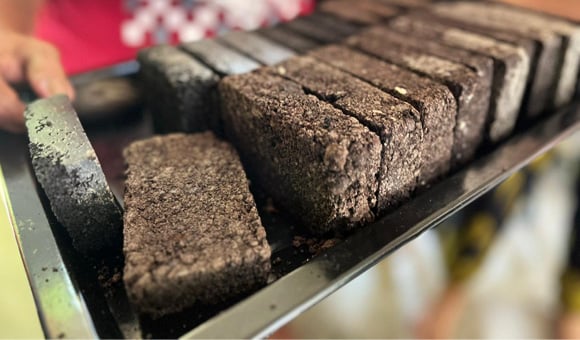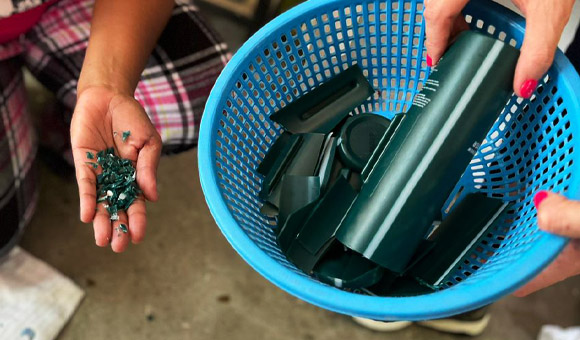
Soap For Hope™
The Soap For Hope™ program collects soap bars that would be thrown out and teaches people in at-risk communities how to reprocess them – without using electricity or water – into sanitary, larger new bars. The products are then distributed in the community or taken to areas in need, helping reduce the spread of pathogens and prevent infections.
More than 800 hotels in 213 cities in 47 countries have now signed on to this program and more than 1,500 metric tons of soap waste have been repurposed into lifesaving bars.
Learn more

